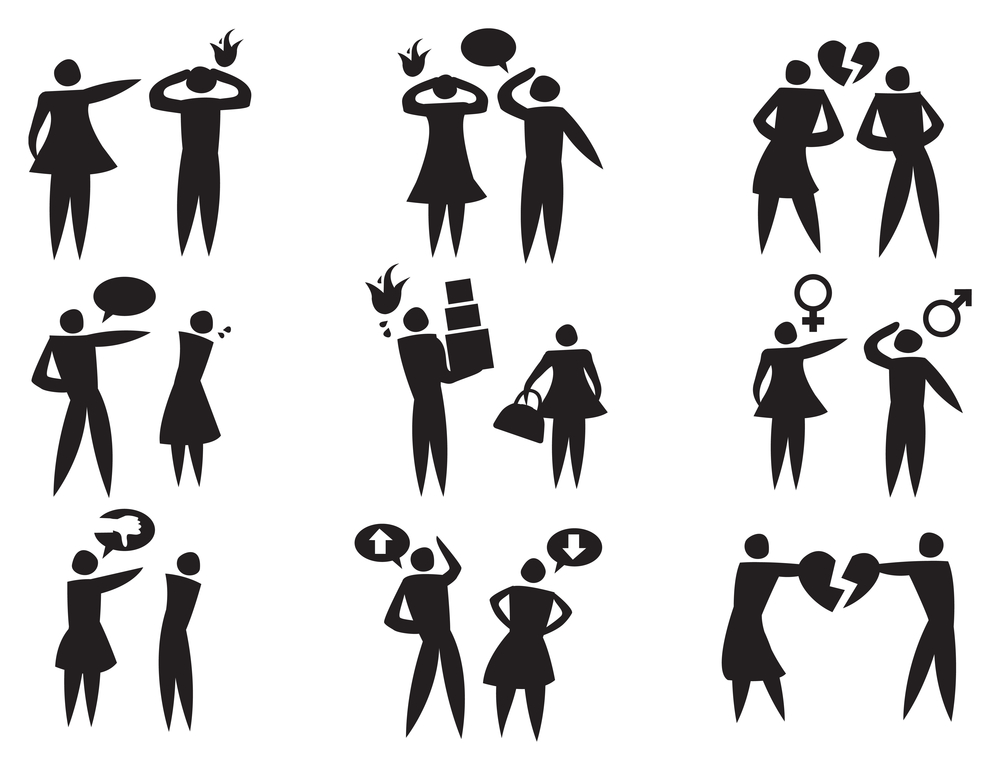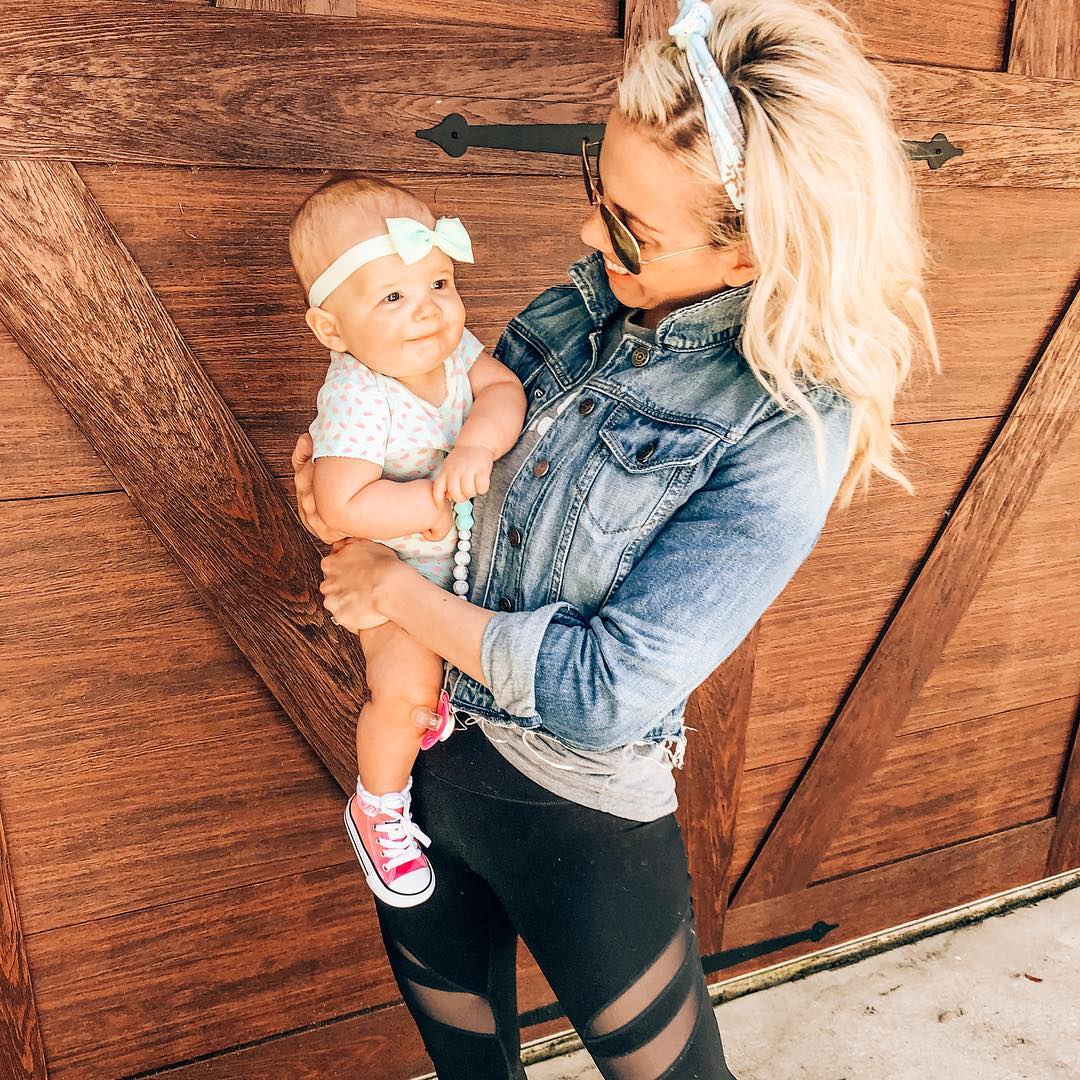It probably goes without saying, but if your friend is in an abusive relationship, you have to form a careful PLAN before you act. Let me give you the 411!!
So most of us can say our best friend has dated someone we don’t like!!
Whether that person brags about being a film buff…chews their food with their mouth open…or your friend always complains about them and you just think, “Break up already!!”
You think, “Hey, I wouldn’t date him…but my friend has to make her own decisions, so, you do you, boo…”
But what if you suspect or know that your best friend’s boyfriend or girlfriend is actually abusive?

Obviously our first instinct is to TAKE ACTION RIGHT AWAY, whether we confront the piece of you-know-what directly…call out abusive behavior that’s happening right in front of you (after all, that makes you wonder “If this is what’s happening in front of me, what’s happening when nobody’s around?”)…or stage an INTERVENTION for our friend…
There are lots of things you need to keep in mind first.
Now, I give this advice as someone who hasn’t been in this situation myself, but speaking as someone who has battled severe anxiety I think I’ve learned A LOT about the right and wrong ways of talking to a person going through a difficult time.
Obviously this abuse can’t be tolerated and in some cases this hot garbage person would be better off in jail than dating your friend!
But you don’t want to push your friend away further into the abuser’s arms, and you don’t want to do anything that will make the abuser take anger out on your friend.
Obviously you would never do either of those things ON PURPOSE, but timing and THE WORDS YOU USE are everything.

Don’t Just Say “Leave”
I know the first thing you’re going to want to say, if your friend is in an abusive relationship:
“Leave right now!!” But that’s likely to make your bestie feel overwhelmed and like they can’t talk to you about their problem, because that’s all you’re going to say…So they will feel like they’re talking to a wall, and stop coming to you for help. Even if you’re right!!
Instead, you need to MAKE SURE THEY KNOW:
Whatever they tell you…
Whatever they need you to do…
you’re here to help in any way you can.
They might be afraid to leave, because of threats and manipulations from the abuser. So just telling them to leave doesn’t address the underlying problem, also why they are struggling to leave.
Don’t Ask Them, “How Do You Not See It??”
If your friend denies the abuse, don’t get upset and ask them how they are so blind! They really may be unable to see through the ROSE-COLORED GLASSES of “love” to the abusive truth underneath.
So instead, you should give them concrete examples of reasons why their partner is abusive — specific events of unacceptable behavior.

Instead of just calling the abuser abusive, focus on the BEHAVIORS that are undeniable evidence.
But if your friend is in an abusive relationship, they may not SEE it that way. Because abusive people aren’t abusive all the time — while OF COURSE that doesn’t excuse the abuse, it means your friend is probably ignoring the bad and only seeing the (fake) good. This so-called good behavior from the abuser is often called “love bombing,” and happens after an abusive episode to prevent the victim from leaving or even to convince the victim that the abuse never happened.
However, telling your friend that all the affection and apologies are just hollow lies won’t help, because your friend has to see it that way on their own.
Again, all you can do is try and rally as many people as possible to talk to your friend (individually so they don’t get overwhelmed or feel like it’s intervention), and then promise your friend that you’ll be there for them. Both of those things will let your friend KNOW they have a ride-or-die support system!!!
One last thing…
Confronting the abuser is unfortunately NOT a good idea, because not only can it put you in danger of harm yourself, but the abuser is likely to take out their anger on your friend.

Above all, if your friend is in an abusive relationship, MAKE SURE THEY KNOW ALL THE WAYS YOU CAN HELP:
- opening up your home / helping them get to a shelter;
- helping them move out with a police escort present;
- helping them call a domestic violence hotline;
- making sure they have important documents together when they leave;
- helping them make an appointment with a therapist!
Links:





Comments are closed.